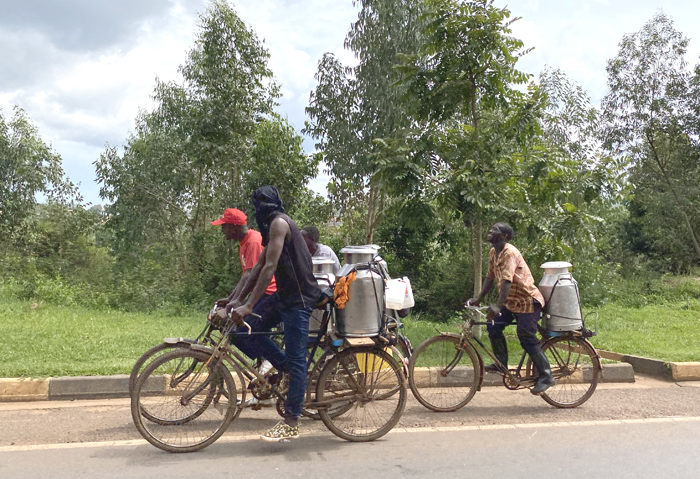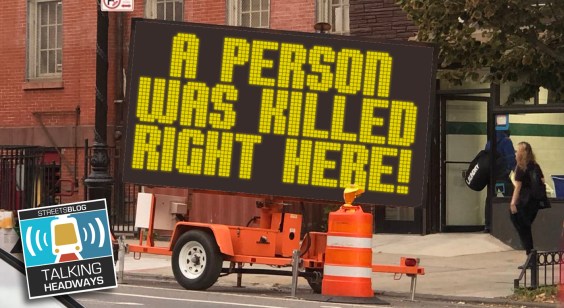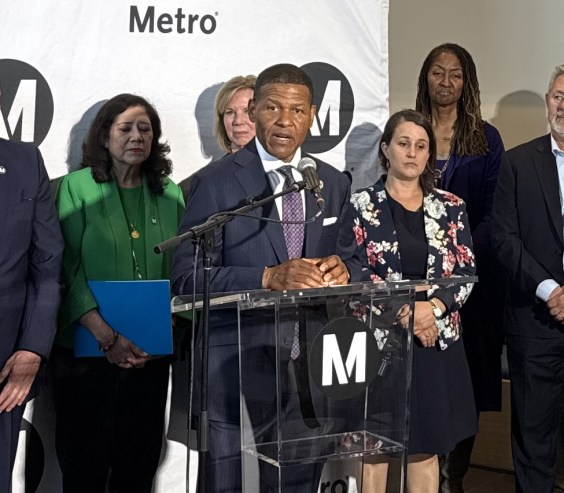In a six-month pilot program, Boston's MBTA is exploring the use of taxis as an alternative to large vans for paratransit service, which is required by the Americans with Disabilities Act.

The program is "already earning praise from customers" according to the Boston Globe. Jarrett Walker at Human Transit explains why this could be very good news for both people with disabilities who rely on paratransit and people who count on trains and buses:
Subsidizing taxis has always been an option to meet the paratransit requirement, but in big cities the routine solution has been paratransit van services. These vans can theoretically serve multiple people at once, but the sparseness of paratransit demand means they often carry just one person, or zero between runs. So paratransit operating cost is often over $30/passenger trip, as compared to more like $5 for an effective fixed route service.
MBTA is now testing using taxis -- or in the future, taxi competitors like Uber and Lyft -- in the same way that small towns often do. It will encourage some customers to use taxis instead of paratransit vans -- which is not hard to do, since taxi service is much more flexible. (Paratransit vans must be booked 24 hours in advance, but these taxis can be called spontaneously.) The customer will pay a reasonable transit fare, $2, and MBTA will add an average of $13/trip to round out a typical average taxi fare of $15.
That's $13 per ride for the transit agency instead of (usually) over $30. For service that is more useful to the paratransit customer.
Remember, paratransit expenditures by US transit agencies often exceed 30% of the operating budget. Cut that in half, and you can expand fixed route service dramatically.
A similar program in New York has already proven effective at providing paratransit service at much lower cost.
Elsewhere on the Network today: Bike PGH explains why it's so infuriating to see the word "accident" applied to fatal crashes that haven't been investigated. Copenhagenize shows off the city's new cycling drawbridges. And the Dallas Morning News' Transportation Blog reports that Texas high-speed rail isn't going to make it into downtown Houston.




